Books
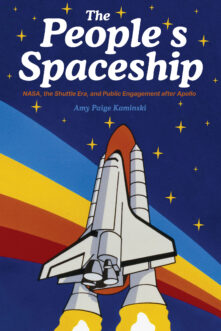
The People’s Spaceship
NASA, the Shuttle Era, and Public Engagement after Apollo
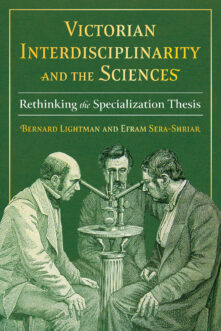
Victorian Interdisciplinarity and the Sciences
Rethinking the Specialization Thesis
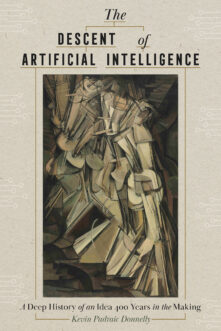
The Descent of Artificial Intelligence
A Deep History of an Idea Four Hundred Years in the Making
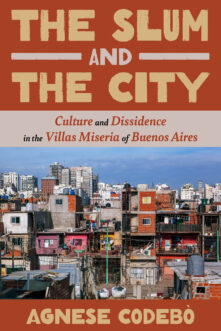
The Slum and the City
Culture and Dissidence in the Villas Miseria of Buenos Aires
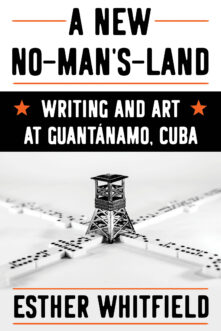
A New No-Man’s-Land
Writing and Art at Guantánamo, Cuba
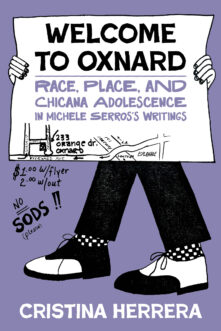
Welcome to Oxnard
Race, Place, and Chicana Adolescence in Michele Serros's Writings
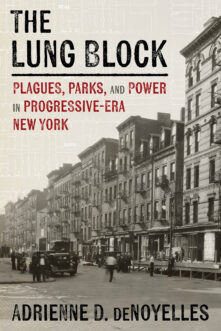
The Lung Block
Plagues, Parks, and Power in Progressive-Era New York
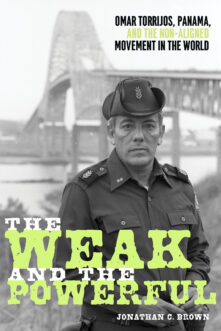
The Weak and the Powerful
Omar Torrijos, Panama, and the Non-Aligned Movement in the World
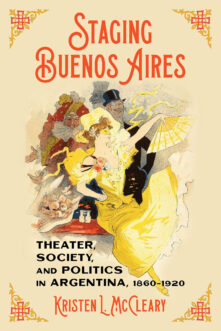
Staging Buenos Aires
Theater, Society, and Politics in Argentina, 1860-1920
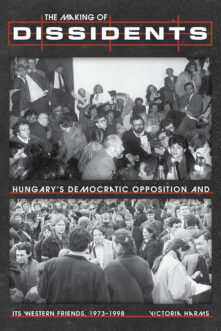
The Making of Dissidents
Hungary’s Democratic Opposition and its Western Friends, 1973-1998
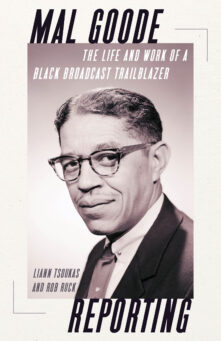
Mal Goode Reporting
The Life and Work of a Black Broadcast Trailblazer
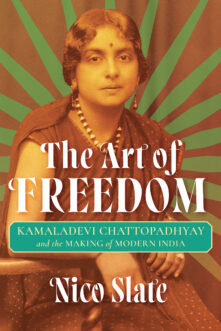
The Art of Freedom
Kamaladevi Chattopadhyay and the Making of Modern India
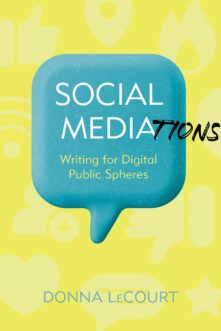
Social Mediations
Writing for Digital Public Spheres
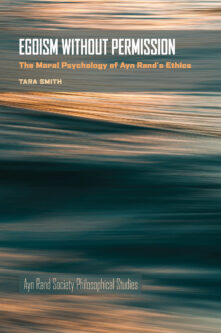
Egoism without Permission
The Moral Psychology of Ayn Rand's Ethics
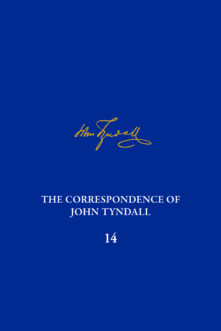
The Correspondence of John Tyndall, Volume 14
The Correspondence, October 1873–October 1875
Total 1600 results found.

